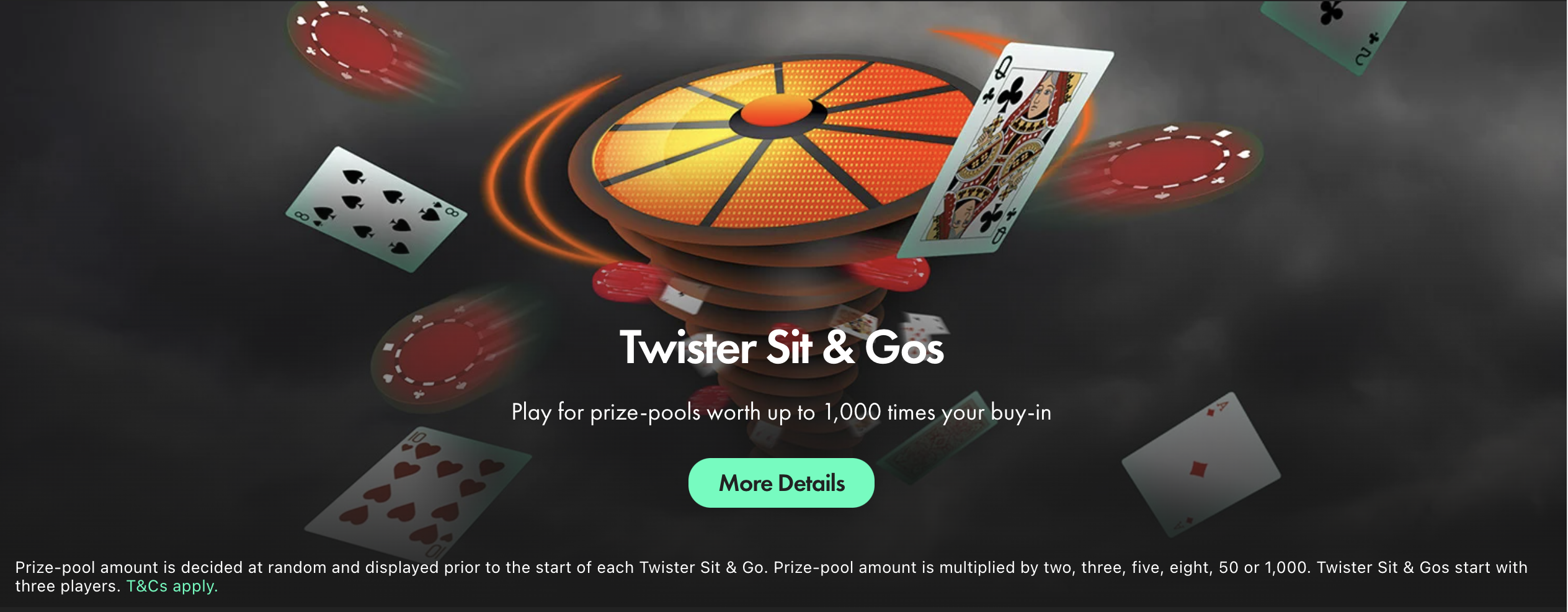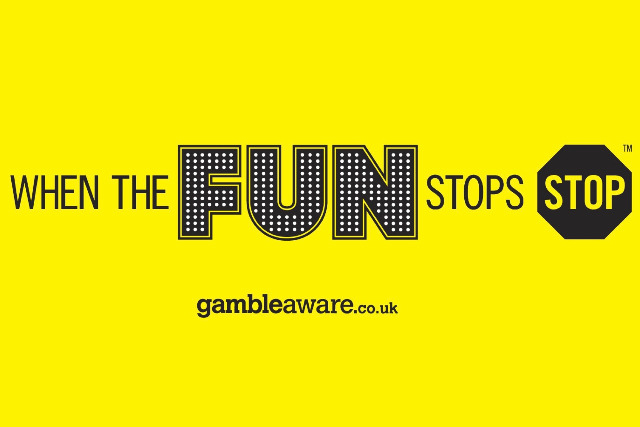

Is gambling becoming a problem? How can I tell if my relationship with gambling is changing, and is it causing me or my family any harm? What questions do I need to ask myself to work this out?
Gambling for people like myself is problematic. I realised this in late 2017 after several years suffering from gambling related harm. In fact, I still suffer from the legacy harm and will continue to for years to come.
If you are reading this then maybe you are concerned that your gambling is becoming a problem or is already a problem – or you may be concerned about someone else’s gambling.
I sometimes wonder, why didn’t I realise sooner that I had a problem? Was it because gambling is so normalised these days? Or because I felt that if others could gamble without suffering harm surely I could as well? Possibly. Was it because I felt ashamed to admit it to myself and others? Yes – definitely.
Should I have felt ashamed? Absolutely not! This is something I have been lucky to discover on my recovery journey.
Gambling for me was an addiction. It progressed from the odd football bet to my mind being consumed by gambling thoughts 24/7 and very nearly taking my own life. However, it is important to realise that you may be suffering gambling harm way before you realise you are. I was suffering harm for years before I considered taking my life. I just did not realise it, or maybe I was not prepared to stop.
2015 was the year I started to fear my relationship with gambling, but it took me until late 2017 to ask myself some meaningful questions. In truth this was because I feared what the answers would be and that is because deep down, I already knew that there was a problem. I was not ready to deal with the answer but in hindsight I should have. Even though gambling was hurting me at the time I could not imagine coping with life if I did not gamble. I gambled when times were difficult as well as good. When things were going well, I did not feel comfortable and needed to self-sabotage. Gambling products are addictive, and I just could not stop. Until following a long night of gambling I felt deflated, and knew it was stop or die.
It was then that I asked myself the questions that I should have asked myself years before.
Gamblers Anonymous has a set of 20 questions to ask yourself to figure out whether you are suffering from gambling harm. Gamblers Anonymous (GA) suggest that if you answer yes to at least 7 of the 20 questions then you are likely to be a compulsive gambler (compulsive gambler is the term adopted by GA for someone who suffers from gambling harm).
GamCare have an online self-assessment tool called GamTest. The test is designed to identify risky gambling behaviour and provides feedback based upon your answers. The feedback is given under 5 different sections:
Links to useful resources are provided off the back of the answers given.
It is worth noting that GamCare also run the National Gambling Helpline (0808 802 0133) which is available 24 hours per day every day of the year and are also part of a campaign called TalkBanStop along with GAMSTOP and Gamban.
The Problem Gambling Severity Index (PGSI) is made up of 9 questions and each question is measured on a 4-point scale:
Why not have a go at answering the questions now? When answering think back over the last 12 months. Remember to be honest with yourself and answer each question with a 0, 1, 2 or 3 as per the 4-point scale:
Now that you have answered the questions, what does it mean?
If you scored 0 having answered all questions honestly then you are a gambler who gambles with no negative consequences.
Any score above 0 means you are experiencing some harm.
If you scored a 1 or 2, this indicates a low level of problems with no identified negative consequences. Between 3 and 7 indicates a moderate level of problems with some negative consequences and if you scored 8 or more, this indicates gambling with negative consequences and with a possible loss of control.
Like I said earlier on, I was suffering harm for years before I thought my gambling was a problem. I suggest you reflect on your score and see how you feel about it. Has gambling become a problem? Is it becoming a problem? If you continue to gamble can you imagine your PGSI score going up?
Personally, I wonder how much pain I could have saved myself had I asked myself these questions sooner and sought the right support.
If you are worried reach out for help, there is lots available. Call the National Gambling Helpline on 0808 802 0133, visit the GA and GamCare websites, check out their chat rooms. Attend a GA meeting or why not listen to a gambling recovery podcast? I will write a blog on podcasts in the future because there are some great ones out there, they are available 24 hours a day, and they continue to help a lot of people. For now, I will just mention my podcast which is All Bets Are Off. Please have a listen, you will hear from inspiring people who have tackled their relationship with gambling. If you need to change your relationship with gambling, you can too.
Chris Gilham
18+ Always remember to gamble responsibly. Check out bet365’s Safer Gambling page for more details or go to GambleAware.org for advice, tools and support.

All contents are ©
Bet365 Bonus Code, Sports, Casino and Poker Sign up offers and News

18+ Worried about your gambling? Gamcare - When the fun stops – STOP!